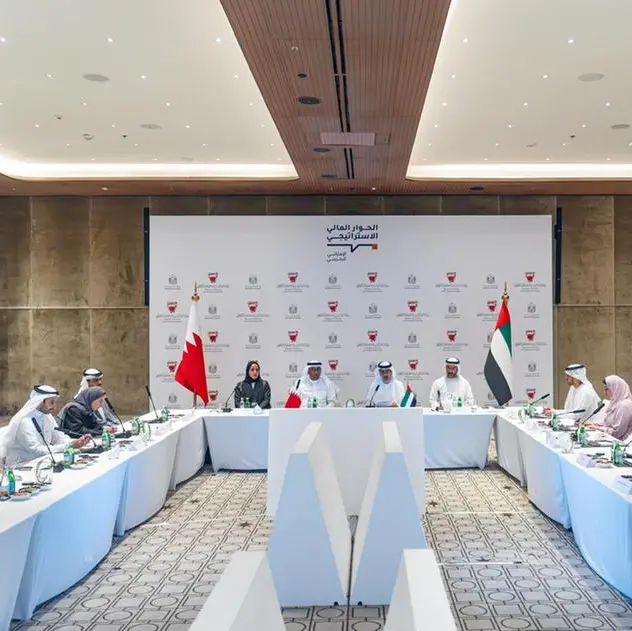PHOTO
Amman, Jordan – The Ejada programme, which aims to enhance teacher capacity and education in Jordan's public schools, has significantly improved the academic performance of tens of thousands of children in participating schools by supporting teachers’ mental health and wellbeing, according to two impact studies.
With future support from the Ministry of Education, the programme is set to be scaled up with the potential to benefit more than 1.4 million pupils, their families, teachers and school administrators in Jordan.
Launched in 2019 by Save the Children Jordan and the Jameel World Education Lab (J-WEL) at the Massachusetts Institute of Technology (MIT), in partnership with the Ministry of Education, Ejada is a teacher-training programme focused on professional wellbeing that helps educators empower children and attain higher grades.
In the span of five years, Ejada has reached over 283,000 people in Jordan, directly benefitting more than 43,000 pupils and 1,700 teachers, and touching the lives of many other children, educators and caregivers indirectly.
A clustered randomised control trial evaluated Ejada and found that the programme was extremely effective and had:
- improved teachers’ knowledge in key areas, including in innovative teaching practices, professional wellbeing, and learning resources;
- transformed teaching practice, making classes more engaging, relevant, creative and supportive of student wellbeing;
- reduced teachers’ stress levels;
- had a positive impact on the school environment, enhancing collaboration, teacher-student relationships and conflict management; and
- enhanced students’ engagement, motivation and participation in class.
To further assess Ejada’s effect on student academic performance in participating schools, Save the Children commissioned a study to analyse the examination results of 63,944 students from grades four to ten in 166 schools, comparing the academic performance of students from 83 schools that participated in Ejada with 83 schools that did not. The study found that 65% of students in participating schools improved their academic performance by the end of the second semester of the programme's implementation, compared to the first semester of the 2022-2023 academic year.
To address the challenges facing an education system strained by the ongoing refugee crisis and to provide marginalised children in Jordan, including Syrian refugees, with access to quality and equitable education, Ejada employs a design thinking approach, centring on teachers and their mental health and wellbeing. Analysis of students’ grades indicated improved performance in participating Ejada schools, consistent across genders and in both single and double-shift schools.
Implemented in five educational directorates – Al-Qweismeh, Marka, Irbid, Ajloun and Karak – Ejada has trained over 1,700 teachers, 58% of whom are female. It has generalised targeted teaching practices, activated learning communities in more than 200 schools, engaged nearly 200 school principals and administrators and trained over 160 supervisors.
Ejada also developed and implemented the first national survey to measure teachers' professional wellbeing, building a database and generating recommendations to support the Ministry’s professional development strategies.
Supported by Community Jameel, Save the Children UK, Dubai Cares and Alwaleed Philanthropies, Ejada was conceived in January 2019 at the World Economic Forum in Davos, Switzerland, at a high-level meeting on refugee education attended by HM Queen Rania Al Abdullah and co-hosted by Hassan Jameel, vice chairman of Community Jameel, and Helle Thorning-Schmidt, then-chief executive officer of Save the Children International and a former prime minister of Denmark.
In 2019, the programme was launched following a refugee education summit in Amman attended by HM Queen Rania Al Abdullah and convened by the Queen Rania Foundation, Save the Children and MIT J-WEL.In 2023 United Nations (UN) agencies showcased Ejada at the UN Secretary-General's Transforming Education Summit in New York in 2022 and the Global Refugee Forum in Geneva in 2023.
Looking ahead, Ejada will expand and transfer expertise to teachers, educational administrators and decisionmakers at regional and international levels, and influence policies and priorities related to teachers' professional wellbeing and development.




















